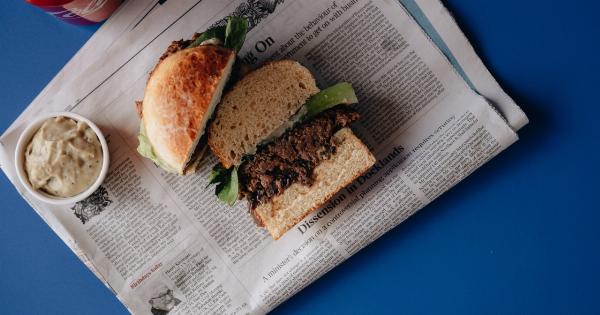When it comes to weight loss, everyone has their own unique journey. Some people may find success through tracking their calories, while others may prefer to incorporate more exercise into their routine.
But one factor that is often overlooked in the weight loss journey is meal timing.
What is Meal Timing?
Meal timing refers to the time of day that you consume your meals. For example, some people may eat three large meals throughout the day, while others may prefer to eat six smaller meals.
The timing of these meals can have a significant impact on your weight loss journey.
The Impact on Metabolism
Your metabolism plays a crucial role in your weight loss journey. Your metabolism is responsible for converting the food you eat into energy that your body can use. When you eat, your metabolism increases to digest the food.
However, when you go for long periods without eating, your metabolism slows down to conserve energy. This is why skipping meals can actually slow down your weight loss progress.
Breakfast
Breakfast is often referred to as the most important meal of the day, and for good reason. Eating a healthy breakfast can kickstart your metabolism and give you the energy you need to tackle your day.
Studies have shown that people who eat breakfast tend to consume fewer calories throughout the day, which can help with weight loss.
Lunch
When it comes to lunch, timing is key. Eating a large lunch later in the day can cause your metabolism to slow down, which can make it more difficult to lose weight.
It’s best to eat a balanced lunch earlier in the day to keep your metabolism firing on all cylinders.
Dinner
Dinner is often the largest meal of the day, but it’s important to be mindful of the timing. Eating a large dinner too close to bedtime can cause your body to store the excess calories as fat.
It’s best to eat dinner earlier in the evening to give your body enough time to digest before going to bed.
Snacks
Snacking can be a great way to keep your metabolism firing throughout the day, but it’s important to choose the right snacks. Opt for healthy snacks like fruits, vegetables, and nuts instead of processed snacks that are high in calories and sugar.
It’s also important to be mindful of the timing of your snacks. Eating too many snacks late at night can lead to weight gain.
Intermittent Fasting
Intermittent fasting has become a popular weight loss trend in recent years. This approach involves restricting your eating to a specific time window each day. For example, you may choose to only eat between the hours of 12pm and 8pm.
This can help to regulate your metabolism and make it easier to consume fewer calories.
The Bottom Line
Meal timing can have a significant impact on your weight loss journey. Eating a healthy breakfast, balancing your lunch, and eating dinner earlier in the evening can all help to keep your metabolism firing and promote weight loss.
Snacking and intermittent fasting can also be effective weight loss strategies when done properly.



























